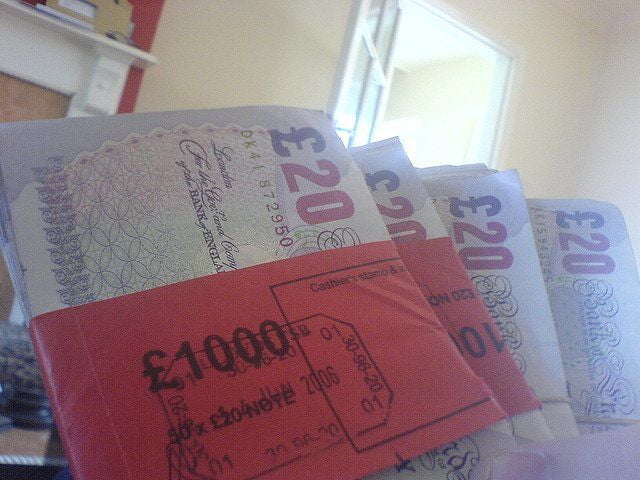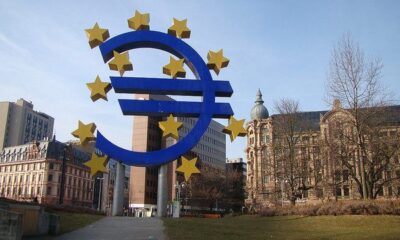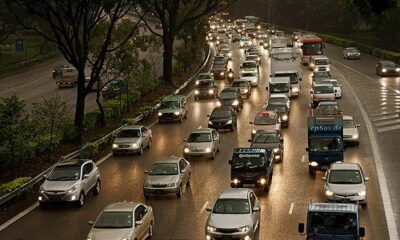

Economy
The World Against Commercial Banks Having Responsibility For The Creation Of Most Money
A 20-country survey of 23,000 people revealed that there is little knowledge in the population of who creates money, and only 13% of those surveyed want private/commercial banks to create more than 95% of the money in circulation, as is currently the case.
Martin Wolf, Chief economic commentator Financial Times:
“A necessary condition for informed debate on the future of our monetary system is that the public understands how it works. This research demonstrates that only a small proportion does so. It also demonstrates that, when they are taught the reality, most people do not like what they learn.”
Public perceptions on money creation
Motivaction International and the Sustainable Finance Lab have asked more than 23,000 people in 20 countries about who they think actually creates 95% of the money in circulation and who they think should create most of the money. These questions were part of the Glocalities survey of Motivaction International that was held in December 2013 and January 2014. The following graph shows the main results. See Appendix 1 and 2 for the scores of all countries surveyed.
A minority of 20% is aware that private/commercial banks create most money
A significant proportion of people across the globe (30%) have no idea who creates most of money in circulation. Half the people think it is a public institution (either a central bank or the government) that creates most of the money in the financial system. Only 1 in 5 respondents gave the right answer, that it is private/commercial banks who create more than 95% of the money. ‘’In the modern economy, most money takes the form of bank deposits. But how those bank deposits are created is often misunderstood: the principal way is through commercial banks making loans. Whenever a bank makes a loan, it simultaneously creates a matching deposit in the borrower’s bank account, thereby creating new money. Bank deposits make up the vast majority (97%) of the amount of money in circulation’’.
The majority of people want a public institution for creating most of the money and not commercial banks
When people are asked who they think should create most money worldwide only 13% prefers private/commercial banks to fulfill this responsibility (as is currently the case), against 59% who wish for a public institution (either government or central bank) to be the main creator of money. Among the minority of people who correctly state that private/commercial banks create most money in circulation, only 27% believe that this should continue to be the case, whereas 63% of them want to see this responsibility transferred to governments or central banks.
Most people in the financial sector do not know that private/commercial banks create money
The awareness in the financial sector about who actually creates most of the money is only moderately higher than in the general population. The answers of people who work in the financial sector in Western economies (Europe, USA, Australia, Canada) reveal that only 26% know that private/commercial banks create most of the money in circulation. When asked who should create most of the money the majority (61%) of financial sector workers also choose a public body and only 16% choose to assign this responsibility to private/commercial banks.
The 4% who know and agree that commercial banks should create money have a risk taking mindset and are less concerned about societal consequences
The minority of people in Western economies who know that most of the money is created by private/commercial banks and want to keep it a responsibility of these banks (in total 4%) are more in favour of free-market capitalism. They prefer competition over working together, like to take risks and are less concerned about the societal consequences of banking practices.


 Environment12 months ago
Environment12 months agoAre Polymer Banknotes: an Eco-Friendly Trend or a Groundswell?

 Features11 months ago
Features11 months agoEco-Friendly Cryptocurrencies: Sustainable Investment Choices

 Features12 months ago
Features12 months agoEco-Friendly Crypto Traders Must Find the Right Exchange

 Energy11 months ago
Energy11 months agoThe Growing Role of Solar Panels in Ireland’s Energy Future




























